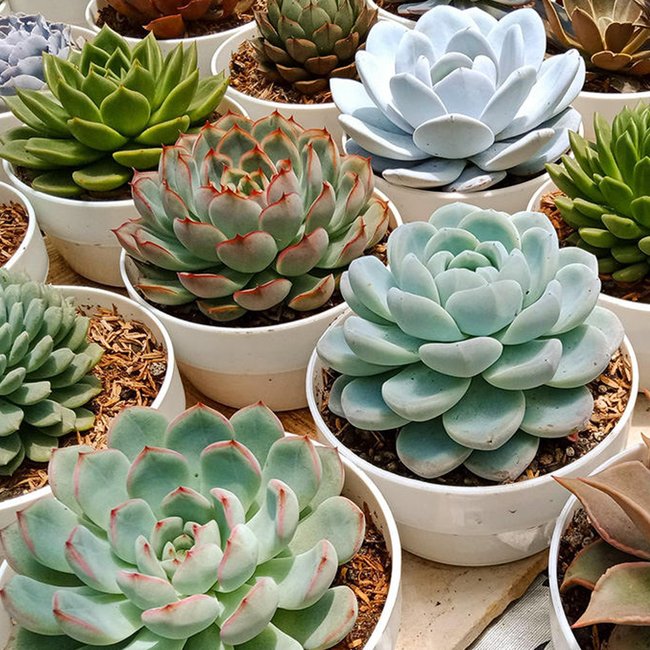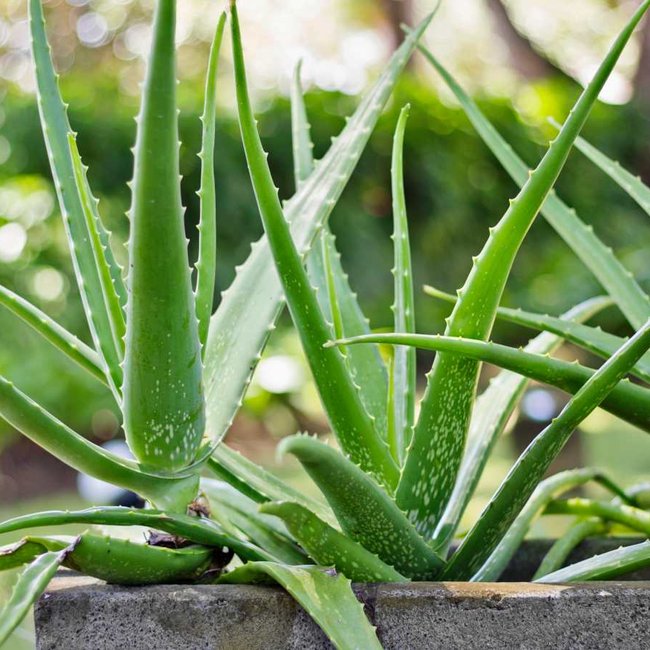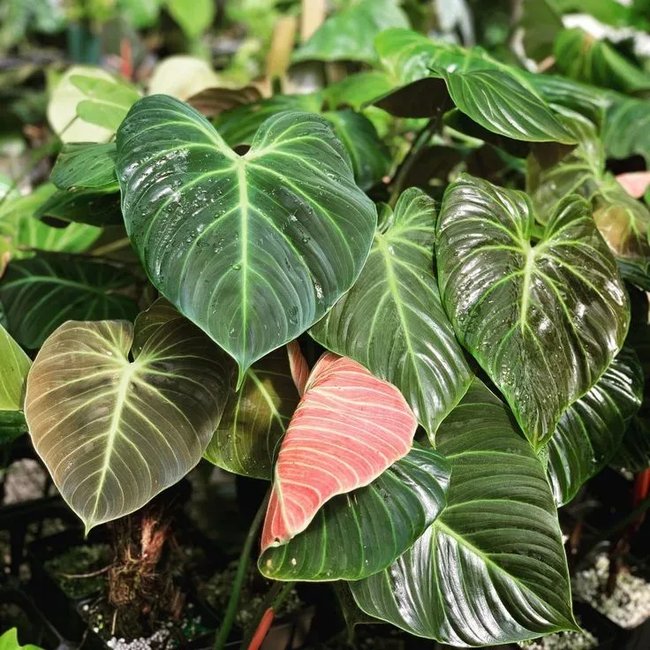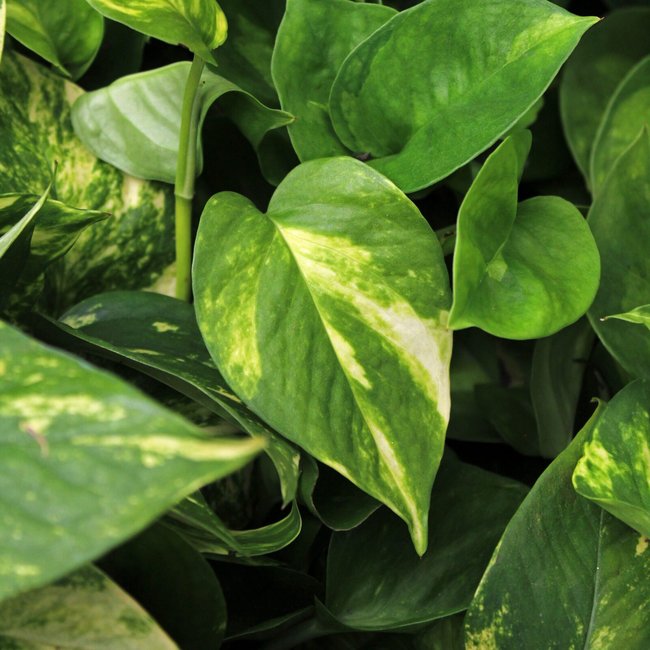Wasps
Wasps are a type of flying insect that belong to the order Hymenoptera. They are closely related to bees and ants and can be found in almost every corner of the world. They come in a range of colors and sizes, ranging from small yellow and black wasps to large black wasps. Wasps have a variety of roles in the ecosystem, from pollinating flowers to preying on other insects.
Meta Information
Scientific Name
Vespidae
Average Lifespan
1 year
Average Size
0.3-2 inches
Similar To
Bees, ants, hornets, yellow jackets
Lifecyle
Wasps have a four-stage lifecycle that begins with an egg. The egg hatches into a larva, which then pupates and emerges as an adult. Wasps can live for up to a year, depending on the species.
Diet
Wasps are omnivorous, meaning they eat both plants and animals. They feed on nectar, pollen, other insects, and fruits.
Habitat
Wasps can be found in almost any habitat, from city parks to mountain forests. They are particularly common in areas with plenty of flowers, as they feed on the nectar and pollen.
-
What are wasps?
Wasps are a type of flying insect that belongs to the Hymenoptera order. They are closely related to bees and ants but have certain unique features that distinguish them, such as a slender waist, narrow wings, and a pointed stinger.
-
Where do wasps live?
Wasps are found all over the world, except for the polar regions. They can live in various habitats, such as forests, meadows, gardens, and even urban areas. Some species of wasps build nests underground, while others build nests in trees, shrubs, or man-made structures.
-
What do wasps eat?
Wasps are primarily carnivorous and feed on other insects, spiders, and even other wasps. They also consume nectar and sweet fruits to obtain the necessary sugar for energy.
-
Are wasps dangerous?
Some species of wasps can be dangerous if provoked or threatened. They can sting multiple times and inject venom into the skin, causing pain, swelling, and in severe cases, anaphylaxis. However, most wasps are not aggressive and do not sting unless provoked.
-
How do wasps reproduce?
Female wasps lay eggs in the nest, which hatch into larvae. The larvae then develop into pupae and eventually into adult wasps. In some species, the queen wasp mates with male wasps to produce fertilized eggs, while in others, the queen can lay unfertilized eggs that develop into male wasps.
-
How can I get rid of wasps?
If you have a wasp infestation in your home or garden, it is best to call a professional pest control service. Attempting to remove the nest yourself can be dangerous and may provoke the wasps, causing them to become aggressive and sting.
-
What is the purpose of wasps in the ecosystem?
Wasps play an essential role in the ecosystem as they help to control the population of other insects, such as aphids and caterpillars, which can be harmful to plants. They also act as pollinators and help to fertilize flowers and plants, aiding in the reproduction process.
-
How can I prevent wasps from building nests on my property?
To prevent wasps from building nests on your property, you can take several precautions. Remove any sources of food, such as ripe fruit or sugary drinks, that may attract them. Seal any cracks or openings in walls, windows, and doors that may provide access to the inside of your home. Keep your garbage cans tightly closed and dispose of trash regularly. Finally, consider using natural deterrents such as planting mint or basil around your home, as wasps are repelled by their scent.
-
Can wasps be beneficial to humans?
Yes, some species of wasps can be beneficial to humans. For example, the parasitic wasp lays its eggs on other insects, which can help to control pest populations in crops and gardens. Additionally, some wasps produce venom that is being studied for its potential use in medicine, such as treating cancer and autoimmune diseases.
-
How long do wasps live?
The lifespan of a wasp varies depending on the species. Most worker wasps live for several weeks, while queen wasps can live for several months or even up to a year. Male wasps typically have the shortest lifespan, living for only a few weeks.
-
Do wasps hibernate during the winter?
Most species of wasps do not hibernate during the winter. Instead, they die off as the weather gets colder, and only the fertilized queen wasps survive to start a new colony in the spring.
-
Are all wasps social insects?
No, not all wasps are social insects. Some species, such as the solitary wasp, live and hunt alone, while others, such as the paper wasp, form small colonies. The yellow jacket and hornet are examples of wasps that form large colonies and have a social hierarchy.
10 Fun Facts About
1. Wasps can sting multiple times. 2. Wasps can fly up to 25 miles per hour. 3. Wasps are social insects, living in colonies of up to 30,000 individuals. 4. Wasps can use their stingers to inject venom into their prey. 5. Wasps have a variety of colors, including yellow, black, and red. 6. Wasps can communicate with each other through a series of vibrations. 7. Wasps are important pollinators, helping to spread the pollen of flowers. 8. Wasps can detect smells with their antennae. 9. Wasps can detect movement with their eyes. 10. Wasps can use their stingers to defend themselves against predators.
Pun
What did the wasp say when it got stuck in a spider web? "I'm in a sticky situation!"
Out Thoughts About
🤔 Wasps can be intimidating, but they play an important role in our environment.








